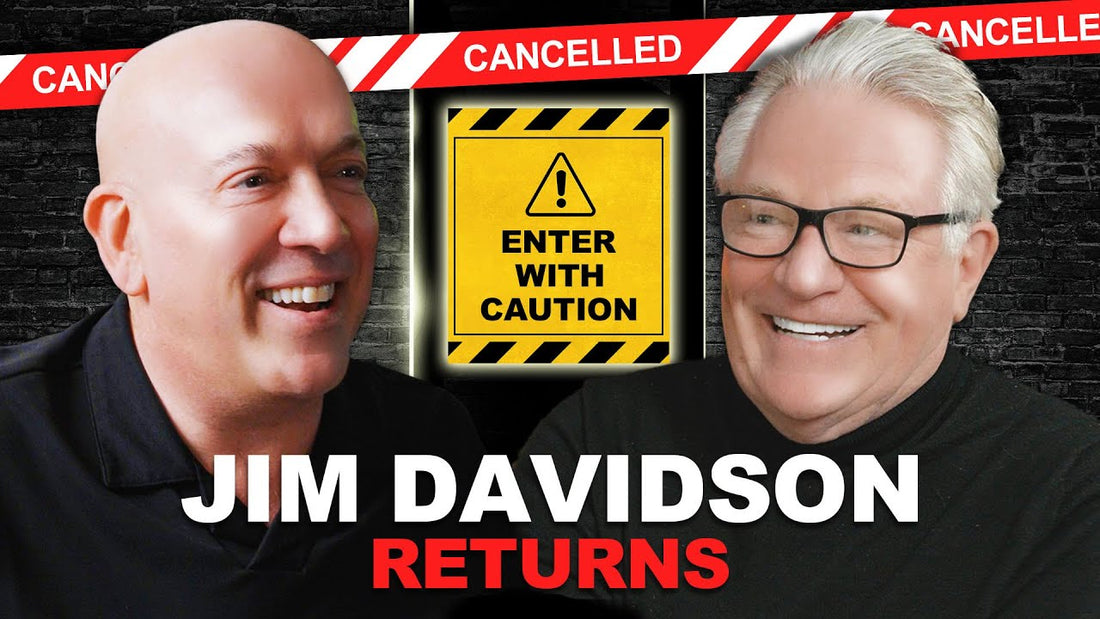The Criminal Connection podcast recently welcomed a true titan of British comedy: Jim Davidson. Known for his brash humor, sharp wit, and decades-long career in entertainment, Davidson pulled no punches in a wide-ranging and frequently hilarious interview with host Terry Stone. For fans of comedy, British television history, and the cultural shifts of the past 40 years, this episode is a goldmine.
In this blog, we unpack Jim’s journey—from council estate to TV stardom, his thoughts on cancel culture, political correctness, and what he really thinks about the state of the UK today.
From South East London to the Spotlight
Jim Davidson’s story starts in Kidbrooke, South East London. The youngest of five, Jim described himself as a "bit of a show-off" raised by a bingo-going mother and Glaswegian father. His childhood, filled with the rough-and-tumble joys of 1950s working-class life, laid the foundation for his comedic style: raw, relatable, and fearless.
A key turning point came in a pub where his father showed him off to strangers. That moment led to an audition for the Boy Scouts' “Gang Show” and eventually a chance to perform at the London Palladium—planting the seed for a life in showbiz.
Rise to Fame: From Window Cleaner to TV Star
Jim’s comedic career began modestly. While working as a window cleaner, he bluffed his way into a Sunday lunchtime comedy gig. That six-pound performance launched a career that would take him from pub stages to primetime TV. His big break came on ITV’s New Faces in 1976, which he won. He famously called his mother from a phone box to tell her: “You’re never going to have to work again.”
From there, his star skyrocketed. Davidson hosted The Jim Davidson Show, Big Break, and The Generation Game, becoming a staple of Saturday night TV.
Chalky, Cancel Culture & Changing Times
One of Jim’s most controversial legacies is his portrayal of “Chalky,” a character with a Caribbean accent. While wildly popular in the '70s and '80s, Jim acknowledged that such material wouldn’t fly today—not because of backlash, but because, as he put it, “no one speaks with a West Indian accent anymore.”
The conversation veered into cancel culture, with Jim voicing his frustration over the BBC’s refusal to license his past shows to him. “They want to totally erase me,” he said. He compared it to “Pol Pot in Cambodia” and emphasized that platforms like his own Ustream TV are essential for creators being squeezed out by mainstream networks.
Ustream TV: Jim’s Modern-Day Soapbox
With mainstream TV no longer an option, Jim created Ustream TV, a platform he describes as “melting snowflakes.” It’s his digital response to what he sees as overreaching political correctness, and it allows him to continue speaking directly to his audience.
He also highlighted the importance of ownership in entertainment. “They all want to sit on [the old shows],” he said, lamenting how rights-holders are reluctant to sell content that could be used for nostalgic programming.
Five Marriages and Hard Lessons
Davidson was open about his tumultuous personal life, including five marriages and ongoing financial challenges. “I’m 71 and living hand-to-mouth,” he admitted. Yet, his honesty about relationships, parenting, and regret offered a vulnerable counterpoint to his larger-than-life stage persona.
Despite financial ups and downs, Jim’s proud of his children, many of whom have pursued successful careers of their own—from law to music to event production.
War Stories and Veterans' Advocacy
A major theme of the podcast was Davidson’s unwavering support for the British armed forces. Inspired by his father’s military background and his own performances in Northern Ireland, Cyprus, and the Falklands, Jim founded the British Forces Foundation. The charity provides morale-boosting entertainment to troops and supports veterans post-service.
His passion was evident as he recalled performing for soldiers in conflict zones. “These young guys get the job done,” he said, contrasting their discipline with what he sees as today’s civilian entitlement culture.
Political Views and the State of the Nation
Jim didn’t shy away from political commentary, expressing dissatisfaction with both the left and the right. While he still supports the Conservatives, he believes the party has strayed too far from its values. He voiced admiration for reformist voices like Lee Anderson and criticized Labour's current leadership as “terribly incompetent.”
Davidson also commented on modern crime, youth behavior, and the breakdown of respect. He blames lenient policing, weak sentencing, and a society obsessed with victimhood for the rise in public disorder.
Freemasonry, Fame & The Final Act
Jim shared candid thoughts about his involvement with Freemasonry, calling it a misunderstood but unifying force. He also reflected on his OBE, awarded in 2001, and the emotional encounter with Prince Charles (now King Charles III) during the ceremony.
On fame, Davidson was blunt: “It’s great when you’re earning £100,000 a week. Now I’m skint and still Jim Davidson—it’s not so great.”
Still Standing, Still Laughing
From drug addiction and legal troubles to personal redemption and digital reinvention, Jim Davidson has weathered storms that would have flattened most. Love him or loathe him, there’s no denying he’s a survivor.
This podcast interview was more than just a stroll down memory lane—it was a candid look at a man who has lived boldly, spoken loudly, and continues to entertain, provoke, and reflect.

